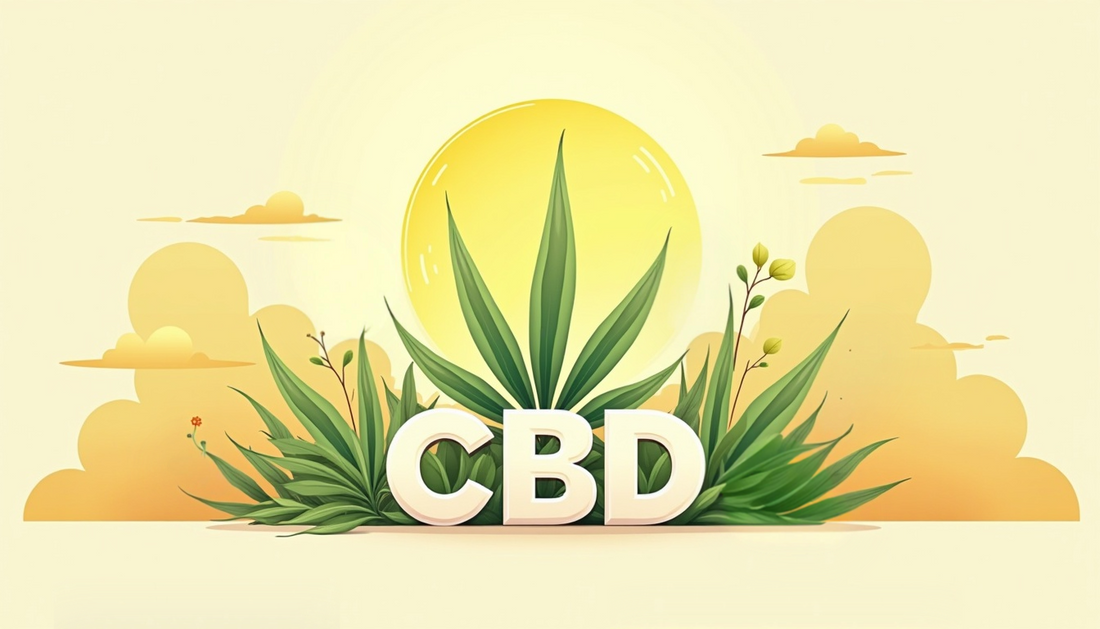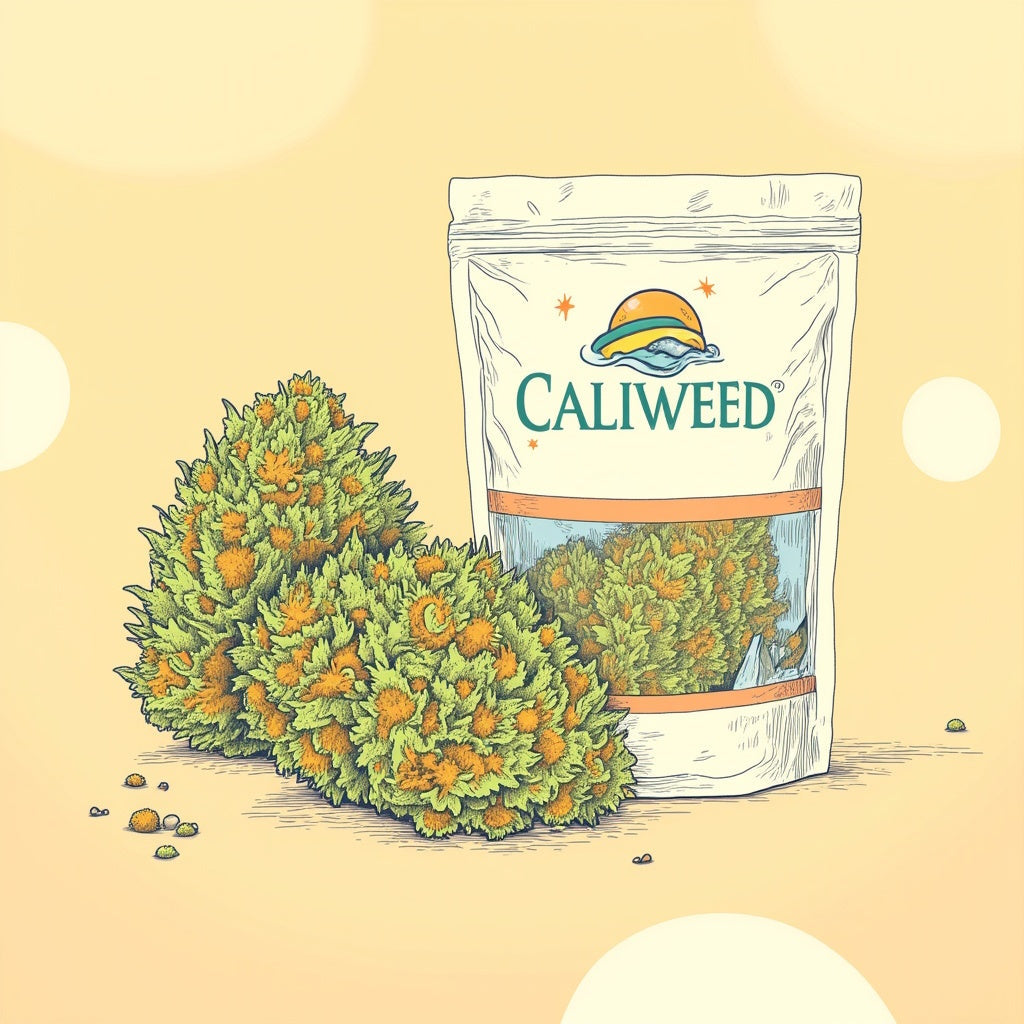
What is the meaning of CBD? Understanding this molecule from hemp
Definition of cannabidiol (CBD)
As mentioned above, the meaning of CBD is simply the acronym of its full name: cannabidiol.Let's look at the word cannabidiol in more detail through its etymology. The first word that stands out is the strain "cannabi" which comes straight from the word "cannabis", the plant that has multiple cannabinoids, including the CBD molecule. The word "diol" comes from the word glycol which is a chemical compound. Inside this molecule, (very close to the alcohol molecule), we find hydrogen and oxygen atoms. This does not mean that cannabidiol is an alcohol molecule, in definition it is an organic molecule coming from the cannabis plant.
CBD is originally an integral part of the cannabis plant, but this molecule has been extracted to design cannabidiol-based products. The first cannabidiol-based product to be marketed was CBD e-liquid for electronic cigarettes.
What are the effects of CBD?
For the consumer, CBD does not have any high effects depending on its mode of administration and is not a narcotic product either. Whether you consume it in the form of CBD oil , CBD flowers or CBD resin , there will not be the "high" effect that can be attributed to THC. Better still, a CNRS neurobiologist specializing in addiction even tells us that cannabidiol could help resolve problems related to anxiety and also block the addictive effects caused by certain drugs.
The researcher prefers to warn about a possible discovery by the scientific community which, if proven, would highlight the fact that CBD would release dopamine and would be psychoactive in the same way as THC. The meaning of CBD would then change its name and would no longer be a food supplement but a drug. Today, fortunately, this is not the case and much research is going in the opposite direction.
CBD culture and consumption
The consumption of THC is strictly prohibited in the UK your product contains more than 0.2% THC. The laws do not prohibit cannabidiol but regulate hemp, the plant from which cannabidiol is derived. In the eyes of the law, it is still illegal to produce, manufacture, and transport products derived from the cannabis plant. This is a real headache for those involved in the hemp farming industry.
A magistrate enlightens us on the fact that certain varieties of hemp, whose THC rate is below 0.2%, are authorized for cultivation. There are exemptions for the hemp plant in order to be able to produce in the agricultural and commercial sectors, the industry of this plant is indeed subject to many controls.
The meaning of CBD leads us to think that it does not stop at three letters, it is much more complex than we think. There are still ins and outs that the industry, scientists, politicians and finally the end consumers do not have.
Problems with CBD Marketing
The problem with marketing in the UK that the THC content in finished products must be 0.0%. This is impossible, and the entire hemp industry is well aware of this. This is why the significance of CBD has been the focus of conversation for some time now, as cannabidiol is promoted as wellness cannabis or light cannabis, as opposed to recreational cannabis.
Since the Kanavape case set a legal precedent in October 2020, CBD shops have experienced rapid expansion in the UK. As a reminder, the company was convicted in January 2018 and then acquitted in October 2020. This case has greatly helped the CBD market to grow.
Everything behind cannabidiol is therefore much broader than its abbreviation CBD, and this molecule is enjoying very frank success! A whole industry is developing around it.
A little history and meaning around CBD
The hemp plant has not always been popular and this is still not completely the case. A part of the population keeps in mind the cannabis plant that "gets high". However, it is a plant that has been cultivated since the dawn of time by humans. Since the Neolithic period, hemp has been cultivated for its medicinal benefits and its fiber for textiles. We find traces in human cultures in Asia up to 10,000 years before our era.
The use of hemp and cannabis has always been, and yet the meaning of CBD and its composition were not known. It was not until the beginning of the twentieth century that cannabinoids were discovered and studied, and the hemp plant has nearly a hundred of them.
A group of researchers from an American university apparently succeeded in isolating the CBD molecule around the 1940s. At first, they had not suggested that this molecule could have therapeutic virtues. It is mainly thanks to an Israeli researcher, Raphaël Mechoulam, well known for all his work on cannabis in its entirety, that the virtues of CBD were highlighted.
Various research has been conducted for many years to highlight the benefits of cannabidiol. Since the 1970s, we have discovered that CBD has very encouraging benefits for fighting pain and nausea. At the end of the 1990s, researchers highlighted the fact that CBD would protect neurons and also reduce their degeneration. Since the 1990s, we have known that CBD is useful in helping in the fight against Alzheimer's disease.
Cannabidiol is therefore an incredibly complex molecule that has not finished surprising us and revealing all its secrets. One thing is certain, the meaning of CBD really does not stop at its three letters or its benefits. There are currently many products made from cannabidiol, such as CBD candies or CBD vape , etc. Knowing that cannabidiol wants us well, why deprive ourselves of it?
The Cali Weed team

